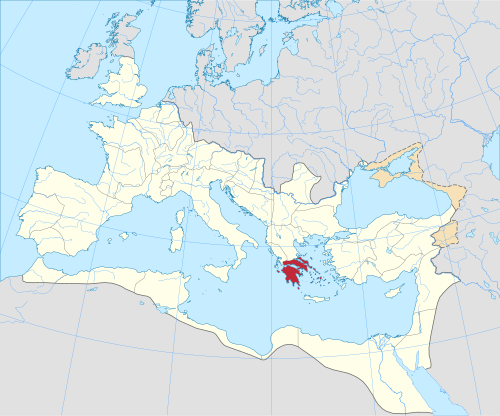Governments have always built and staffed information distribution systems. Whether the Elizabethan poets who worked for the intelligence service or town criers telling people what their government wanted them to hear, all established news and information systems work to support and expand the government that, directly or indirectly, supplies them with employment.
A few decades ago, there were three major information broadcasters and countless newspapers, most of whom relied on a handful of government-approved news sources, like the Ass. Press, UPI, and Reuters to supply them with approved information. They, and others also supplied access to “correct opinions”, so that people would “think properly”. As always, the distribution of information and opinions about how people should think about the “facts” they were provided were tightly controlled. During this period, there was endless going-on about he rights and duties of “a free press”, whose self-praising press releases were largely believed.
Even twenty years ago, information about “problems” like the “Ozone Hole” could be disseminated without fear of contradiction. First, the specter of penguins going blind because of the “Ozone Hole” was raised. After a few such fears were turned into “common knowledge”, laws could easily be passed. They were designed to let a few special interests replace cheap freon with various other chemicals that drove the price of a can of install-it-yourself freon from .99 cents to twenty dollars, and required a “licensed professional” to recharge any cooling system. Much the same thing happened with the elimination of “dangerous dioxin”, which was replaced, on schedule, with vastly more expensive chemicals. Simple, trusting, “concerned” people could be relied on to “fight” whatever bugaboo they were told to battle.
This beautiful, efficient system began to unravel as the internet multiplied. Suddenly, anyone who was interested could find out that most such “problems” were utterly imaginary, invented and publicized only to benefit a few special interests and those whom they bribed for ever more favorable legislation.
Formerly, no one paid attention to those who disagreed with established sources of news and opinions. The populace was successfully encouraged to view them as “cranks”, “malcontents”, and, worse yet, “radicals”. Now, thanks to the internet, only the most credulous morons believe anything their governments tell them about any issue that’s even remotely connected to raising their taxes.








